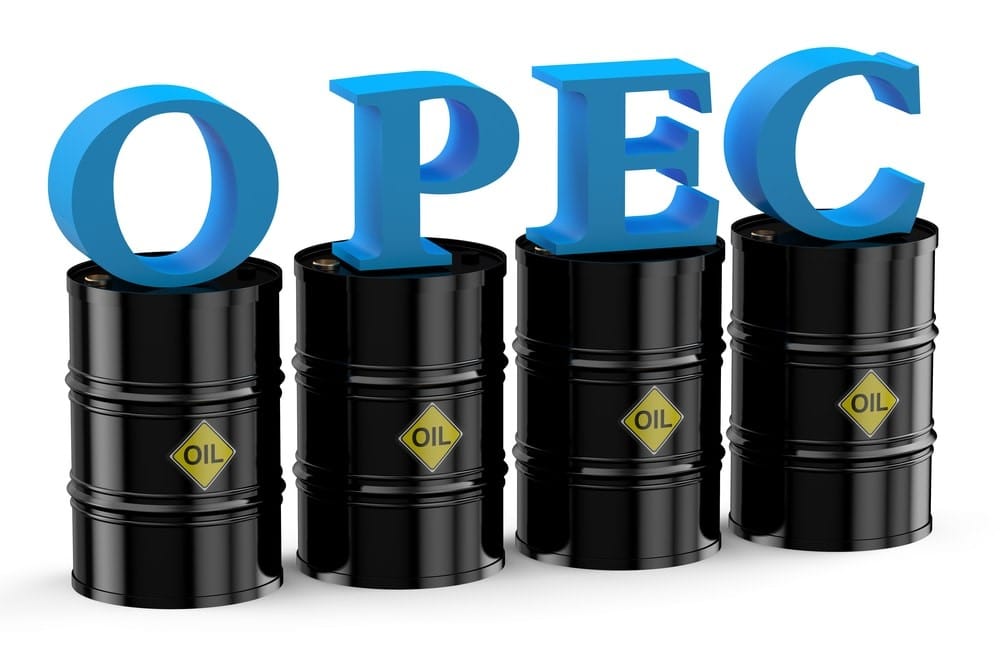Oil prices remained relatively stable this week as the Organization of the Petroleum Exporting Countries (OPEC) announced it would delay any increase in production levels until April 2024. This decision comes amid ongoing concerns about global demand, particularly in light of economic uncertainties in major markets such as China and Europe.
The announcement was made during a recent meeting of OPEC and its allies, known collectively as OPEC+, where members discussed the current state of the oil market. The group acknowledged that while there have been signs of recovery in demand, particularly in the United States, uncertainties remain that could impact the oil supply and pricing dynamics.
Brent crude futures were trading at around $85 per barrel, reflecting only slight fluctuations since the announcement. West Texas Intermediate (WTI) also showed minimal changes, hovering near $78 per barrel. Analysts note that the decision to maintain current production levels is a strategic move to balance supply and demand while avoiding potential oversupply that could lead to a price drop.
OPEC’s cautious approach is influenced by several factors, including ongoing geopolitical tensions, particularly in the Middle East, and economic slowdowns in key markets. The group aims to ensure that oil prices remain at a sustainable level for its member countries, many of which rely heavily on oil revenues for their economies.
Market analysts believe that the delay in production increases could provide a buffer against potential price declines, especially if global demand does not pick up as anticipated. “OPEC is trying to navigate a complex landscape of demand recovery and geopolitical risks,” said John Smith, an energy analyst at Global Insights. “By delaying production increases, they are playing it safe and ensuring that they do not flood the market.”
As the global economy continues to grapple with inflationary pressures and supply chain disruptions, OPEC’s decision reflects a broader strategy of cautious optimism. The group is expected to reassess its production targets in the coming months, particularly as April approaches and new economic data becomes available.
In conclusion, OPEC’s decision to delay production increases until April has resulted in little change in oil prices, which remain stable amidst a backdrop of global economic uncertainty. Stakeholders in the oil market will be closely monitoring developments over the next few months as they gauge the impact of OPEC’s strategy on future pricing and supply dynamics.



